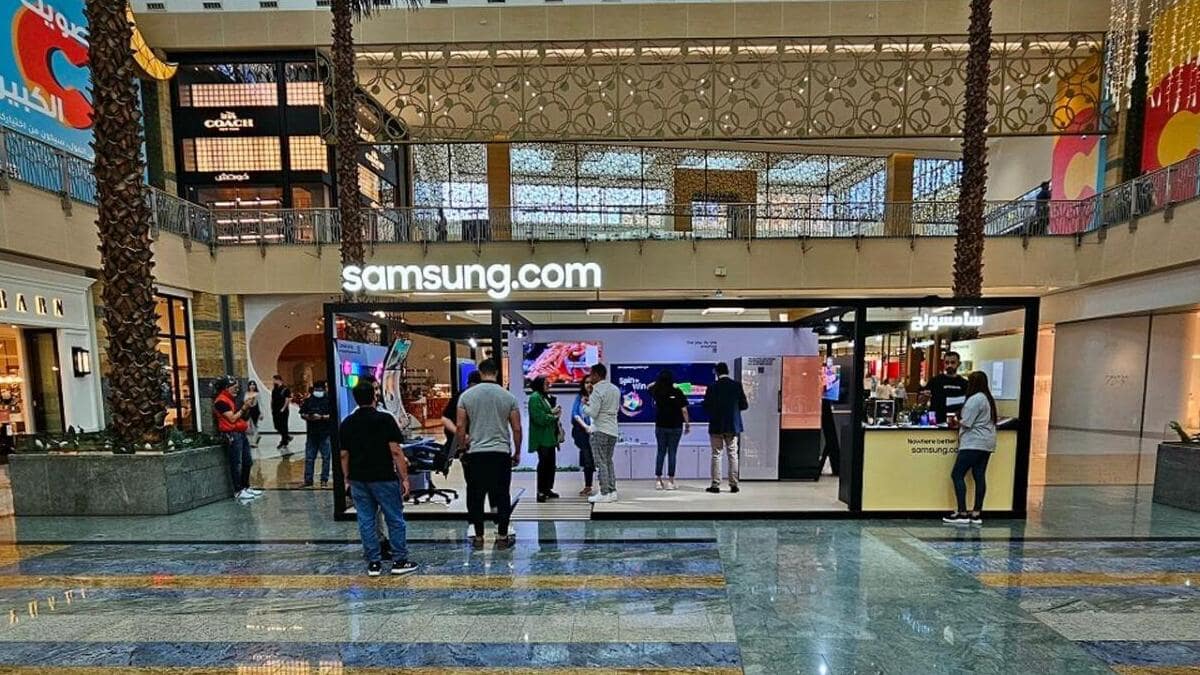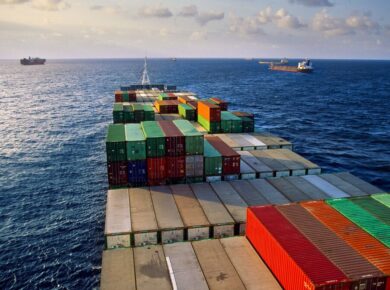Retail expenditure in the MENA region is projected to reach $66 billion during the Ramadan period.
As the holy month of Ramadan approaches, the Middle East and North Africa (MENA) region is gearing up for the traditional surge in retail spending. According to recent projections, retail expenditure during the Ramadan period is expected to reach $66 billion this year, highlighting the importance of this festive season for the regional economy.
The projection comes from a recent report by the global research firm Euromonitor International, which examines the trends and patterns of consumer behavior during Ramadan. The report highlights the impact of the pandemic on consumer habits and preferences, as well as the opportunities and challenges facing retailers during this period.
The report notes that despite the challenges posed by the pandemic, consumer spending during Ramadan is expected to remain strong, driven by the traditional increase in demand for food, clothing, and other consumer goods. In addition, the report suggests that the growth of e-commerce and online shopping is likely to accelerate during the Ramadan period, as more consumers look to shop online for convenience and safety.
Commenting on the report’s findings, Zainab Mansoor, Euromonitor’s research analyst, said: “Retail spending during Ramadan is a crucial driver of economic activity in the MENA region, and this year’s projections demonstrate the continued resilience of consumer spending in the face of the pandemic. While the pandemic has certainly impacted consumer behavior and preferences, we expect retailers who are able to adapt to these changes to benefit from the strong demand for consumer goods during this festive season.”
The Ramadan period is traditionally a time for family gatherings, charity, and spiritual reflection, and is marked by increased consumption of food, clothing, and other consumer goods. As a result, retailers across the region are gearing up for the festive season, with many launching special promotions and discounts to attract customers.
The report notes that food and beverage expenditure is expected to account for a significant portion of retail spending during Ramadan, with traditional sweets and dates being among the most popular items. In addition, clothing and footwear are also expected to see a boost in demand, as families prepare for the festive season by purchasing new clothes and accessories.
The report also highlights the growing importance of e-commerce and online shopping in the MENA region, with many consumers turning to online platforms for their shopping needs. This trend is expected to accelerate during the Ramadan period, as more consumers seek the convenience and safety of online shopping.
“The pandemic has accelerated the shift towards e-commerce and online shopping, and we expect this trend to continue during the Ramadan period,” said Mansoor. “Retailers who are able to offer a seamless and convenient online shopping experience are likely to benefit from the increased demand for online shopping during this festive season.”
Despite the challenges posed by the pandemic, retailers in the MENA region are optimistic about the prospects for this year’s Ramadan period. With strong demand for consumer goods and the growing popularity of e-commerce, many retailers are expecting a successful festive season.
“We are expecting a strong Ramadan season this year, driven by the traditional increase in demand for food, clothing, and other consumer goods,” said Ahmed Al Khatib, CEO of Dubai Festivals and Retail Establishment. “We are also seeing a growing trend towards online shopping, and we are working with retailers to ensure that they are able to offer a seamless and convenient online shopping experience for their customers.”
In conclusion, the projected retail expenditure of $66 billion during the Ramadan period highlights the importance of this festive season for the MENA region’s economy. Despite the challenges posed by the pandemic, consumer spending is expected to remain strong, driven by the traditional increase in demand for food, clothing, and other consumer goods. In addition, the growing popularity of e-commerce and online shopping is likely to accelerate during the Ramadan period, providing retailers with new opportunities to reach consumers and drive sales.





